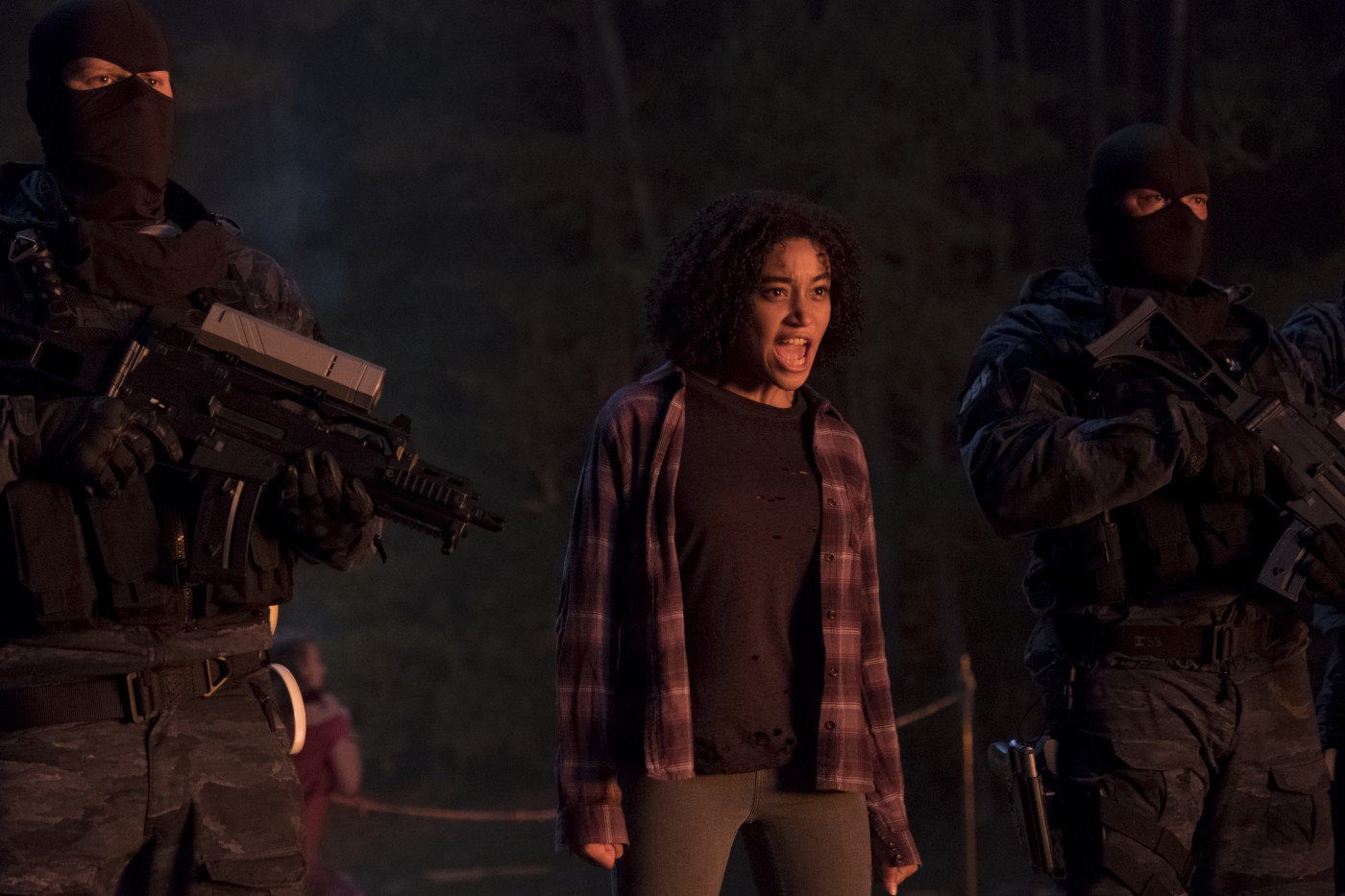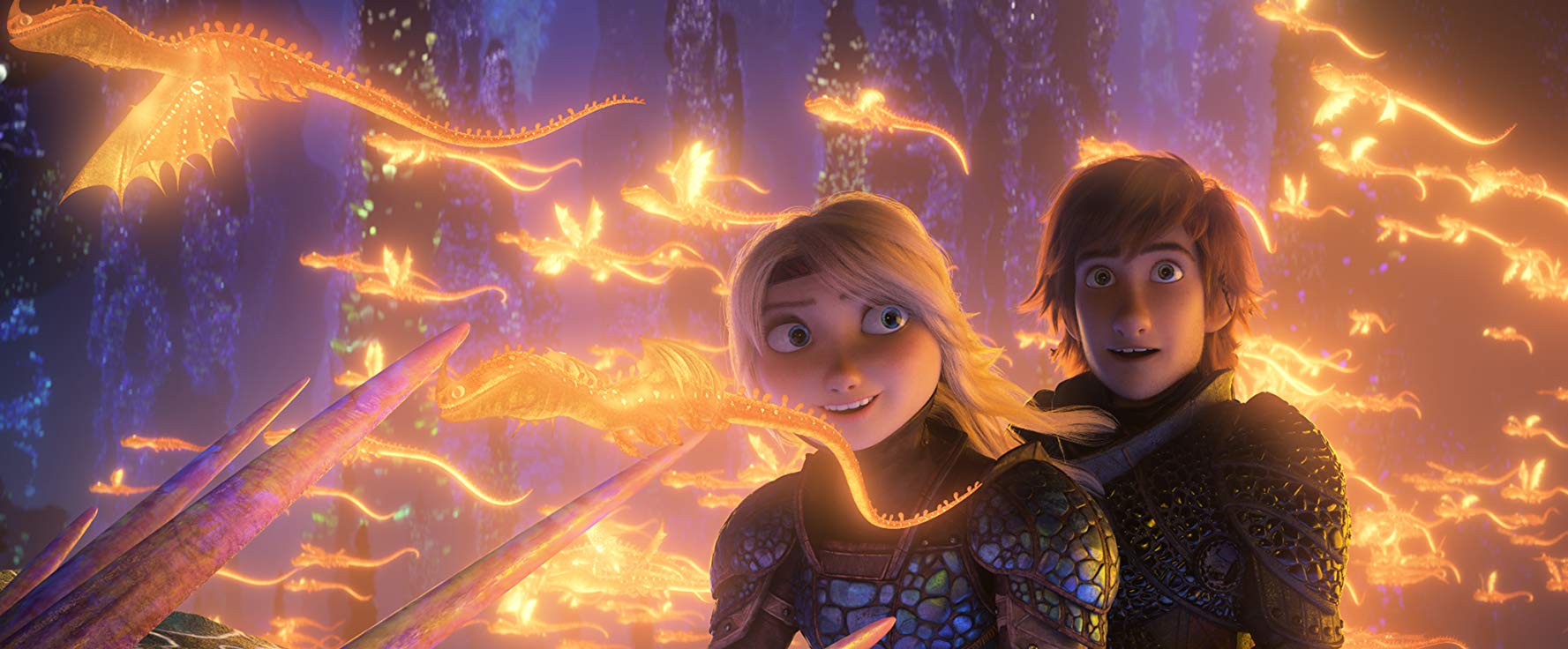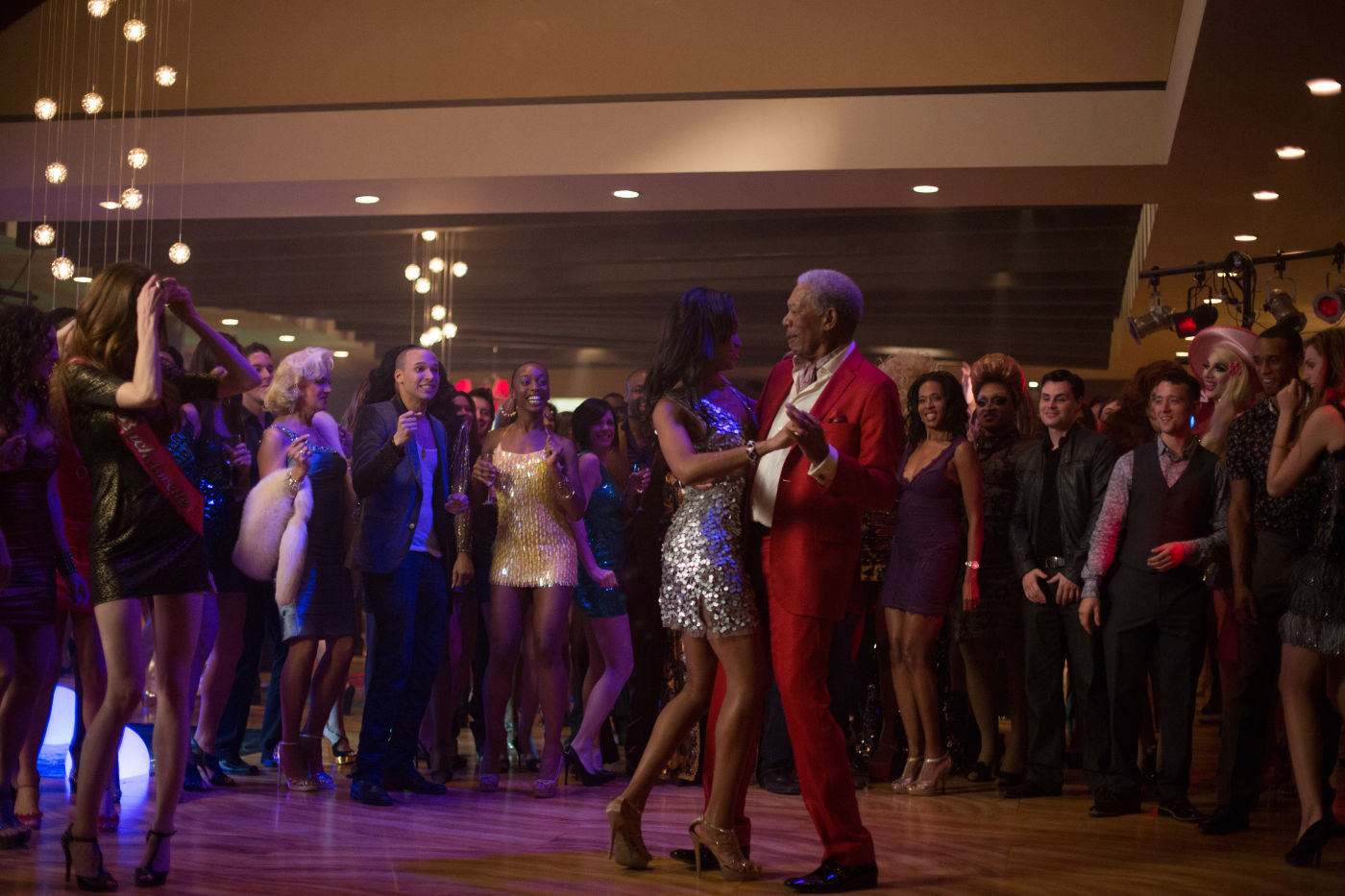The crisis is that the children are gone. Everything else is secondary. Dystopia du jour The Darkest Minds likes to play the “all else being equal, 90% of the world’s children have died and the rest are in slave labor camps” game. There is no “all else being equal” when the children are gone. This isn’t the military where citizens voluntarily exclude themselves from children. You take children away from the people who birthed them and chaos happens. Real fast. The greater the number of children, the exponential the amount of chaos. This is what most humans live for. Oh well.
Yes, most of the children have died. The survivors come in two types: the brainy and the mutations. Darkest Minds has seen X-Men a few too many times and assumed that kids who can summon an entire paperclip with mere thought would be feared, hunted, and destroyed. Hmmmm. I suppose I could see that in small numbers and under an extremely paranoid administration like the current one. But when all you have left are X-kids, they ain’t goin’ anywhere. Sorry, I seem to have hit a loop. Back to the film.
One survivor, Ruby (Amandla Stenberg), is category orange, the most “dangerous” type of mutant. Her parents denied her and wasted no time in narc-ing on her pre-pubescent version … what’s up with that? Oranges are like walking Jedi mind tricks. In fact, there’s a part where older Ruby escapes custody in the back of an SUV by mouthing at the guard, “You’re not feeling well. We can go now.” A movie with a sense of humor would have added, “These aren’t the droids you’re looking for.” This is not that movie. The Darkest Minds starts off as if it cares about the remaining children, but quickly devolves into the relationship between Ruby and her newfound Scooby gang: telekinetic Liam (Harris Dickinson), electrokinetic mute Zu (Miya Cech), and plain-old-genius Chubs (Skylan Brooks). I kinda like the idea –if only for novelty sake- of the really smart kid being just “meh.” In this dystopia, the common kids are the smart ones, hence no one gives a shit how smart they are. It’s kinda like real life, except for the common part.
If The Darkest Minds sounds like Divergent, that’s only because it’s right there down to the blanket categorization and the generational warfare. The movie shamelessly pits kids against adults and consistently argues that the special are deliberately harangued. Quite frankly, if life sucks, I doubt very much it’s because your kid has super powers; it much-more-often than not means most people are jerks.
As the dystopia involved in Darkest Minds is neither terribly considered nor compelling, the film rests on the relationships among the X-Scoobys. And yes, there are indeed moving pieces here … enough for a checkmate, or at least a draw? No. But the genre has endured far worse films than this one.
Here’s a quick guide to this dystopian food chart:
Greens at the bottom are just really smart
The blue guys can move things by wiggling their toes
Yellows touch a wire and everything glows
Red kids are feared and hunted on sight
Oranges plant thoughts and exert mental might
The puce can summon all hamsters on cue
Plaiddies convert all falsehoods to true
Vermillion are all undead to some degree
Just pulling your leg; I made up the last three
Rated PG-13, 104 Minutes
Director: Jennifer Yuh Nelson
Writer: Chad Hodge
Genre: Our screwed future
Type of being most likely to enjoy this film: Fans of whatever second rate novel came up with this Divergent derivation
Type of being least likely to enjoy this film: Generation baiters




